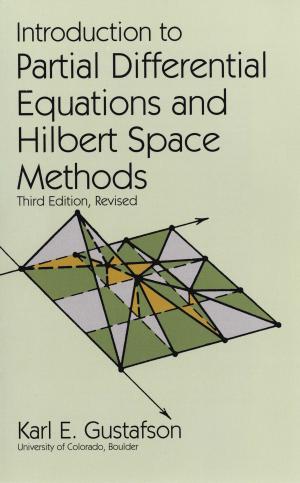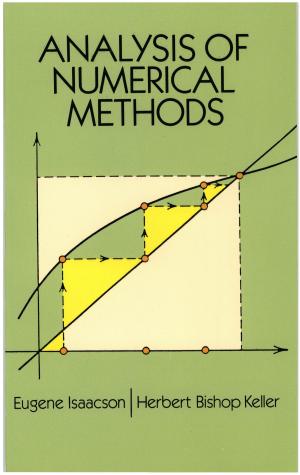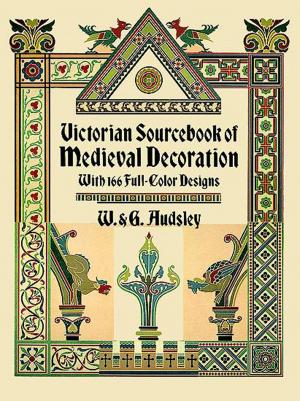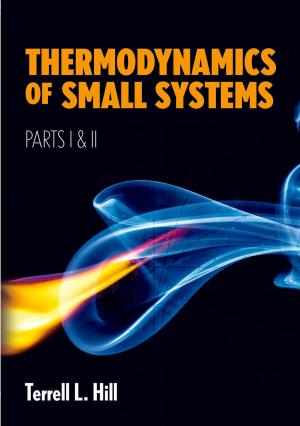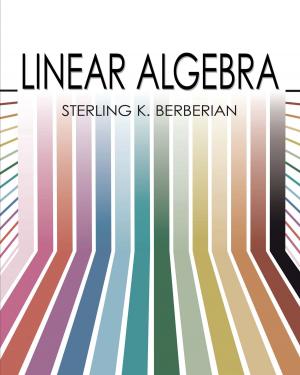Anatomy for Artists
Nonfiction, Home & Garden, Crafts & Hobbies, Art Technique, Art & Architecture, General Art| Author: | Reginald Marsh | ISBN: | 9780486157634 |
| Publisher: | Dover Publications | Publication: | July 26, 2012 |
| Imprint: | Dover Publications | Language: | English |
| Author: | Reginald Marsh |
| ISBN: | 9780486157634 |
| Publisher: | Dover Publications |
| Publication: | July 26, 2012 |
| Imprint: | Dover Publications |
| Language: | English |
Portraying the living human form, not only with anatomical accuracy, but so that it conveys motion, emotion, and vitality is one of the greatest challenges faced by the artist. In the studies in this volume, famous artist and art instructor Reginald Marsh brought his genius to bear on the complex problem of life drawing. Delving into the work of the great masters (Michelangelo, Leonardo, Raphael, Rubens, Poussin, Dürer, Holbein, and others), Marsh simplified, abstracted, adapted, and reinterpreted their work into a collection of drawings both immensely interesting and instructive to the practicing artist and the student.
The 209 pages of drawings in this volume show the human body in a wide variety of positions, viewed from many different angles. Marsh directs special attention to those angles, aspects, and physical positions which are the most difficult to portray. His great talent, coupled with a rare ability to instruct others (Marsh taught at the Art Students League for many years) gave him unusual sensitivity to the concerns of the artist in life drawing: his concise commentary on the drawing points up the problems addressed in each — tone, movement, proportion, composition, etc.
The front, side, back, head, arms and hands, legs and feet, and full figure drawings are all included. A separate section on the problems of proportion explores 7, 7 1/2, and 8 head schemes, providing an unusually workable and lucid treatment of the topic for the practicing artist. The body and parts of the body are drawn in skeleton, tissue and muscle, major bone structure, and as they appear in life. Marsh studied medical anatomy as well as the work of the great medical artists in order to perfect his knowledge of human anatomy.
All of the hundreds of drawings, figures, and details of this volume have been excellently reproduced in this edition. The last 95 drawings in the book are all original studies by Marsh, never before published in book form. These casual, light-hearted drawings (mostly of female nudes) illustrate both Marsh's seemingly easy mastery of the techniques of life drawing, and his characteristic lusty, Rubenesque style. Because they are so distinctly in his own style, these drawings highlight the great scope and knowledgeability he has shown in the earlier instructive studies. Those who know and admire Marsh as an artist, as well as anyone who wishes to learn to draw from life, will find this volume indispensable.
Portraying the living human form, not only with anatomical accuracy, but so that it conveys motion, emotion, and vitality is one of the greatest challenges faced by the artist. In the studies in this volume, famous artist and art instructor Reginald Marsh brought his genius to bear on the complex problem of life drawing. Delving into the work of the great masters (Michelangelo, Leonardo, Raphael, Rubens, Poussin, Dürer, Holbein, and others), Marsh simplified, abstracted, adapted, and reinterpreted their work into a collection of drawings both immensely interesting and instructive to the practicing artist and the student.
The 209 pages of drawings in this volume show the human body in a wide variety of positions, viewed from many different angles. Marsh directs special attention to those angles, aspects, and physical positions which are the most difficult to portray. His great talent, coupled with a rare ability to instruct others (Marsh taught at the Art Students League for many years) gave him unusual sensitivity to the concerns of the artist in life drawing: his concise commentary on the drawing points up the problems addressed in each — tone, movement, proportion, composition, etc.
The front, side, back, head, arms and hands, legs and feet, and full figure drawings are all included. A separate section on the problems of proportion explores 7, 7 1/2, and 8 head schemes, providing an unusually workable and lucid treatment of the topic for the practicing artist. The body and parts of the body are drawn in skeleton, tissue and muscle, major bone structure, and as they appear in life. Marsh studied medical anatomy as well as the work of the great medical artists in order to perfect his knowledge of human anatomy.
All of the hundreds of drawings, figures, and details of this volume have been excellently reproduced in this edition. The last 95 drawings in the book are all original studies by Marsh, never before published in book form. These casual, light-hearted drawings (mostly of female nudes) illustrate both Marsh's seemingly easy mastery of the techniques of life drawing, and his characteristic lusty, Rubenesque style. Because they are so distinctly in his own style, these drawings highlight the great scope and knowledgeability he has shown in the earlier instructive studies. Those who know and admire Marsh as an artist, as well as anyone who wishes to learn to draw from life, will find this volume indispensable.

